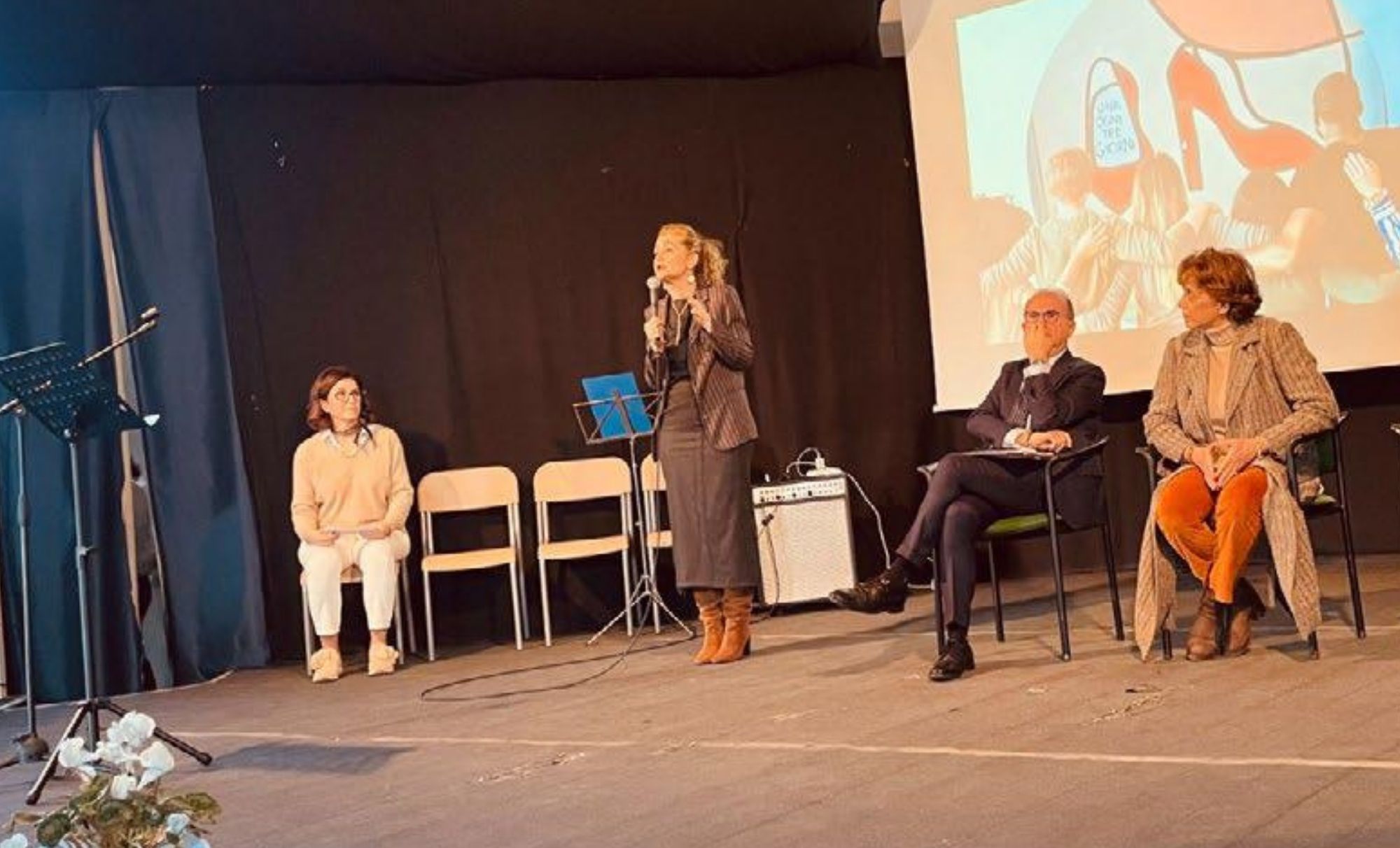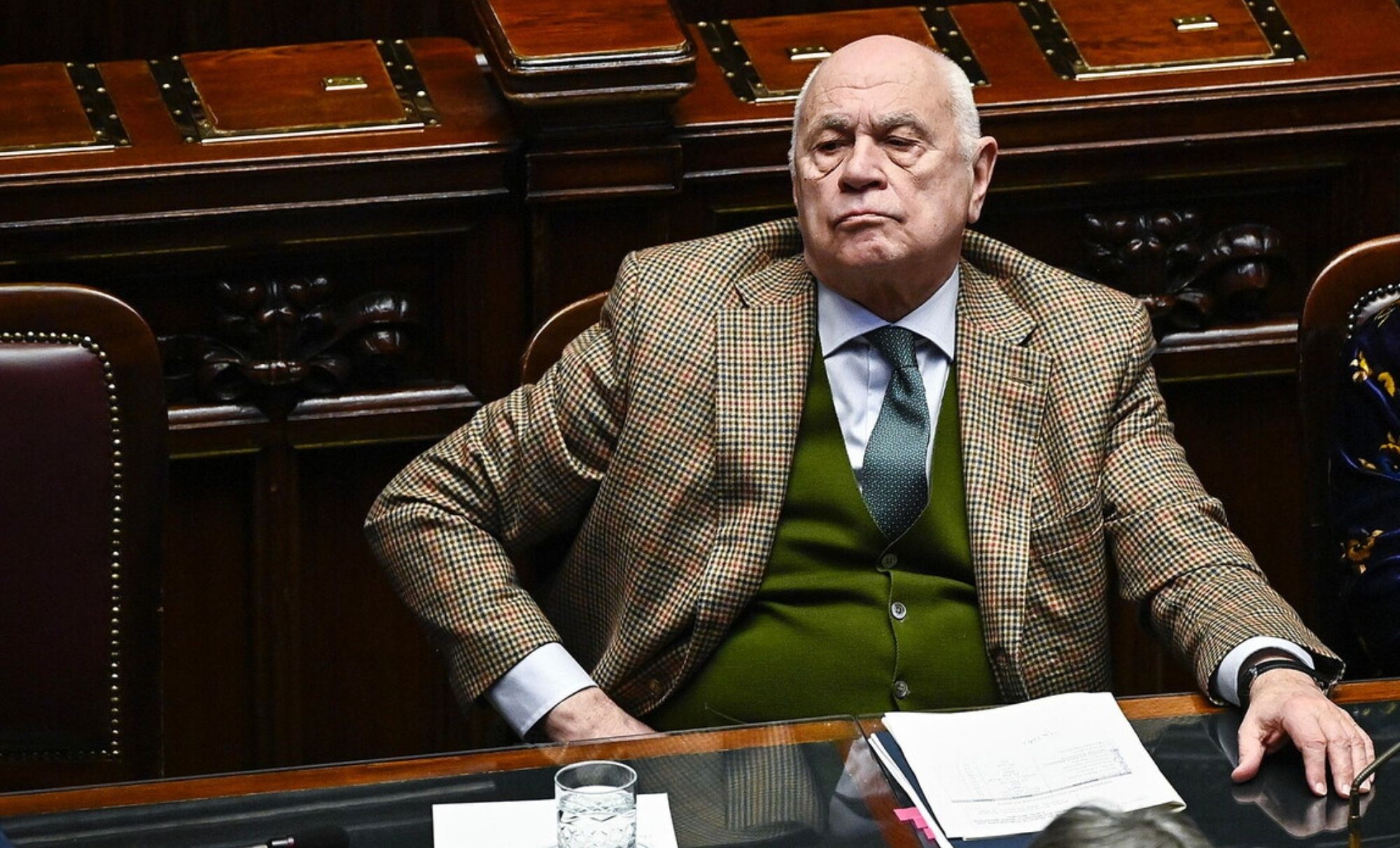There is a fracture in the Italian judicial system that few have the courage to name: the public prosecutors’ offices no longer follow the logic of the law, but that of convenience. It is a world in which rights are bent to internal balances of power, where friendship becomes a free pass and distance an insurmountable obstacle. A structure that ought to be the guardian of legality has ended up becoming a place where rules are not the same for everyone, and where what should be a constitutional duty is treated as a private option.
Someone might shrug and say: “This is Italy, what do you expect?”. And yet, it still surprises me.
The opaque pact between prosecutors and the press
In Italy, the relationship between the prosecuting magistracy and the press has become a porous, ambiguous terrain, where confidential documents circulate at a speed that has little to do with legality and a great deal to do with the power games inside institutions. Classified files appear in the newspapers before they reach the hands of defence lawyers. Wiretaps – even recordings of private conversations with one’s own legal counsel, and therefore covered by professional secrecy – are broadcast in prime time as if they were mere entertainment content.
The presenters smile and say: “These aren’t useful for the investigation, but they help us understand.” Help us understand what, exactly? That we have slipped into an updated form of judicial dictatorship? If a conversation cannot be used in court, it should not be circulating in newsrooms. It should not be dissected in talk shows. It should not even exist. The lawis clear: what is not relevant to the case must be destroyed, not turned into spectacle to feed televised voyeurism.
Investigative strategies are steered through the media, which become the megaphones for whatever the prosecutorswant to leak. This is not an opinion; it is what we can observe every day in the newspapers, in the courtrooms and on public television. Yet in Italy the idea that justice is sustained by opaque relationships no longer scandalises anyone. We have even lost the perception that there is a problem.
The justice of belonging
It is here that Italy seems to fall headlong into The Trial. Kafka opens the novel with a sentence that has become a symbol of presumed guilt and arbitrariness: “Someone must have been telling lies about him, for without having done anything wrong he was arrested one morning.” In Italian prosecutors’ offices something similar happens: not slander, but belonging decides the fate of case files.
If you are a friend, the decision is signed; if you are not, your file is quietly shelved. If you move within certain political circles, criminal complaints are “forgotten” in drawers. If you have no protectors, they will investigate you even for what you have not done. It is well known that some magistrates in Rome, who even teach in ecclesiastical academic institutions, sign rash measures devoid of any solid legal basis, simply because such acts are useful to a friendly complainant. And those who lodge these complaints are, all too often, people who have moved for years within networks of colleagues close to national political power.
The result is a selection of interventions that recalls the Kafkaesque logic of the “higher authorities”: “I cannot even tell you what you are accused of… perhaps the warders were talking about something else, it’s all just gossip.” A system that does not explain, does not justify, does not give reasons. It simply decides. And expects you to accept it. “You can always prove later that you’re innocent; in the meantime you stay in prison,” people say with a shrug.

The constitutional duty trampled upon
The Constitution leaves no room for interpretation: the public prosecutor has the obligation to exercise criminal action. Not a discretionary option. Not a choice. Not a privilege to be used when convenient. And yet many Italian prosecutors’ offices behave as if the Constitution were merely a polite suggestion. Within the jurisdiction of the Court of Appeal of Rome, there are prosecutors’ offices staffed by magistrates who do not work, who carry out no investigations, and who are reportedly unable even to type a simple URL on a computer. Serious crimes are reported – assaults, threats, extortion – yet everything is left to stagnate when the suspects belong to circles that evidently have ties with certain prosecutors, with political groups, or with local power networks. From Trento to Rome, there are prosecutors’ offices that go so far as to prevent the injured party from exercising rights guaranteed by law: they fail to transmit files to the competent judge, they do not notify the parties, they delay, they create procedural obstacles designed to impede any form of lawful recourse. And the blame, inevitably, is placed on the digital case system. At a time when there is public debate about criminal liability even in relation to AI, we have magistrates who attribute their own (culpable) inertia to “the portal”. It is such an absurd dynamic that it inevitably recalls Kafka, when Josef K. reflects on the paradoxical nature of the system crushing him: “Besides, it exists only in their heads.” This is how criminal prosecution works today in many Italian prosecutors’ offices: not according to the law, but according to what, in someone’s mind, happens to be “convenient”. The real tragedy, however, is that in certain minds there is very little indeed.

The silence of the Minister of Justice
In the face of all this, the Minister of Justice, Carlo Nordio, does not seem to feel any obligation to intervene. When the topic is the reform of judicial careers, the internal balances within the magistracy, or the political skirmishes between prosecutors and the government, Nordio is punctual, present, and talkative. But when it comes to oversight, sending inspectors into prosecutors’ offices, or stopping violations that would make officials in Brussels shudder, the minister vanishes.
No reprimand. No inspection. No statement. No reply to injured parties, lawyers, victims. A silence that weighs like a form of legitimisation. A silence that allows unlawful practices to become routine. A silence that exposes the fragility of democratic oversight over prosecutors’ offices.
A wounded democracy
The issue is no longer mere malfunctioning, but a structural short circuit. A justice system that moves according to convenience, that welcomes the demands of friends and abandons victims, that takes decisions without transparency, is not justice at all: it is a mechanism that absolves itself. Kafka grasped this with ferocious clarity when he placed in the painter’s mouth the most chilling line of the entire novel: “I know of no actual acquittances, but I do know of many interventions.” The same thing happens in Italy: what should be a right becomes a privilege; what should be accessible becomes opaque; what should be decided according to the law is manoeuvred through relationships, sympathies, interests – or connivance.
In The Trial, final sentences never appear: “The court’s final judgments are not published; they are inaccessible even to the judges.”
A dynamic disturbingly similar to the labyrinths of our prosecutors’ offices today. The parallel with Kafka is not a rhetorical flourish: it is an essential warning. Because when a country allows arbitrariness to become routine, the outcome is not merely an inefficient justice system, but a democracy emptied of its meaning. And so the question returns, inevitably, echoing Josef K.’s fate: what remains of legality when those called to safeguard it live outside the law? This is not a technical matter. It is the most delicate wound in our legal civilisation. And as long as we pretend not to see it, we will continue to walk in that world where — as in the novel — guilt is decided in opaque rooms, and innocence is not a right, but a concession.
M.P.
Silere non possum